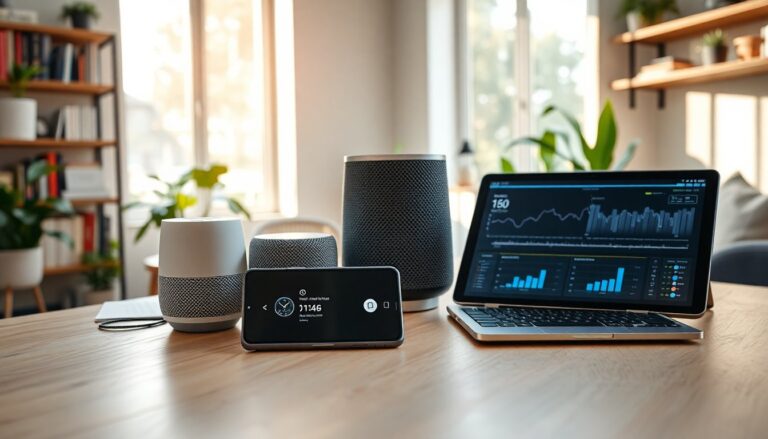Argomenti trattati
The impact of artificial intelligence and machine learning on consumer technology
In recent years, artificial intelligence (AI) and machine learning (ML) have emerged as pivotal technologies reshaping the landscape of consumer technology. These advancements are not merely buzzwords; they are integral components driving innovation in devices we use daily, ranging from smartphones to smart home systems. By examining this technological evolution, we can see how these technologies enhance user experiences and streamline operations.
The role of AI in consumer technology
The integration of artificial intelligence into consumer technology has transformed multiple sectors, including gaming, healthcare, and personal assistants. One prominent application is found in smartphones, where AI algorithms significantly enhance performance, improve photography, and offer personalized recommendations. For example, Apple’s Siri and Google Assistant utilize natural language processing (NLP) to interpret and respond to user inquiries more efficiently, facilitating a smoother interaction experience.
Enhancing user experience
The ability of AI to analyze vast amounts of data allows it to learn from user behavior and preferences effectively. This capability is evident in streaming services like Netflix, which leverages AI to recommend content tailored to individual tastes. Such personalization not only enhances user experience but also increases engagement, illustrating how AI can foster a more customized environment in consumer technology.
Machine learning’s contribution to innovation
While AI encompasses a wide range of technologies, machine learning specifically emphasizes the development of systems that learn from data. This aspect is particularly vital in areas like e-commerce, where predictive analytics can forecast trends and customer needs. Companies such as Amazon apply machine learning algorithms to optimize inventory and enhance customer satisfaction by ensuring the right products are available at the right time.
Smart home devices and automation
The emergence of smart home technology highlights the role of machine learning in developing automated environments. Devices such as the Google Nest thermostat adapt to user habits, automatically adjusting heating and cooling settings. This functionality not only enhances comfort but also promotes energy efficiency, a vital consideration in an increasingly eco-conscious society.
Challenges and considerations
Despite the benefits, the integration of AI and machine learning into consumer technology presents several challenges. Privacy concerns are significant, as these systems often depend on access to personal data for optimal performance. Users must balance personalized experiences with data security, underscoring the necessity for transparency in data practices from technology companies.
Moreover, reliance on algorithms can lead to issues such as bias in recommendations or decisions made by AI systems. Ensuring that these technologies operate fairly and equitably is crucial as they become increasingly embedded in consumer technology.
The future of consumer technology with AI and machine learning
The potential for AI and machine learning in consumer technology is vast. Innovations such as augmented reality (AR) and virtual reality (VR) stand to benefit significantly from advanced AI capabilities, creating immersive experiences that were once considered the realm of science fiction. As these technologies continue to evolve, we can anticipate even more intuitive interactions between humans and machines.
The ongoing advancements in artificial intelligence (AI) and machine learning (ML) are set to inspire a wave of innovations in applications and devices that remain largely unimagined. The scope for developing smarter and more responsive consumer technology hinges on our creativity and readiness to embrace these transformative changes.
The synergy between AI and machine learning with consumer technology represents a pivotal shift in how we engage with our environment. As these technologies evolve, they offer the potential to significantly enhance convenience, personalization, and user satisfaction in ways that are just beginning to unfold.

